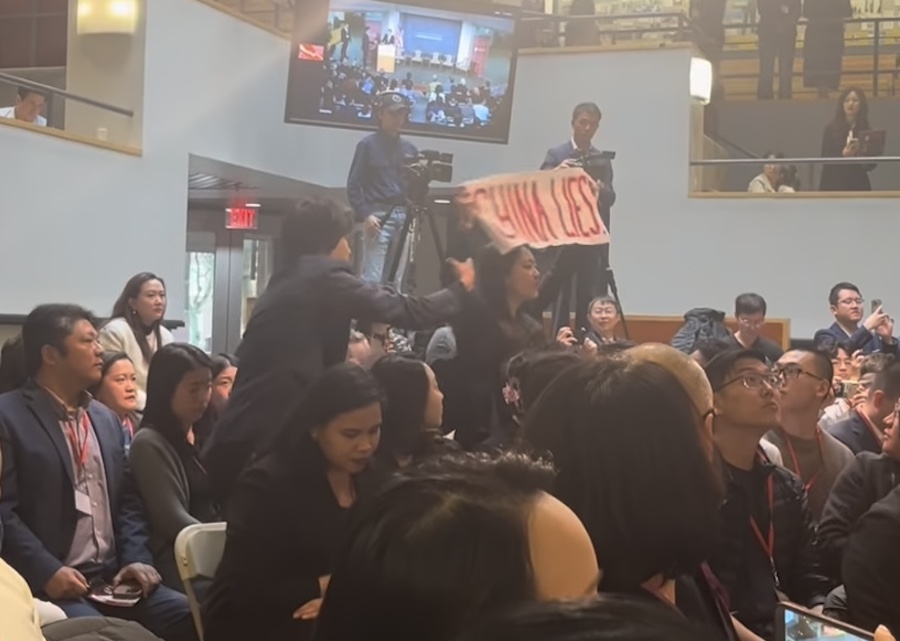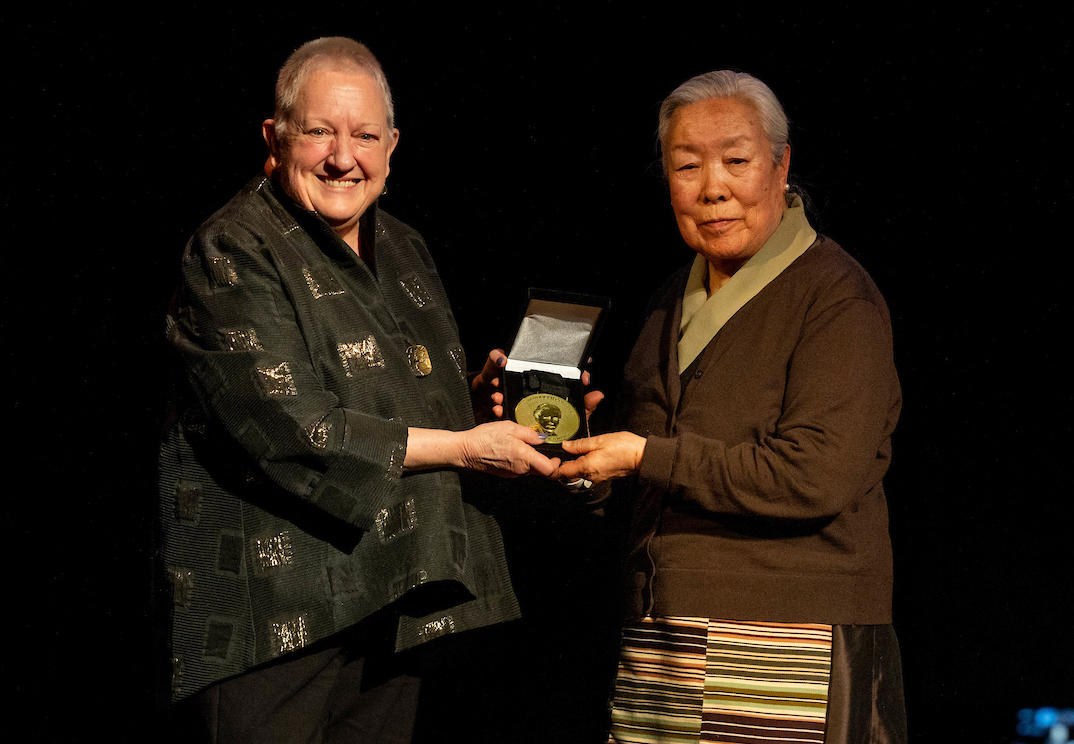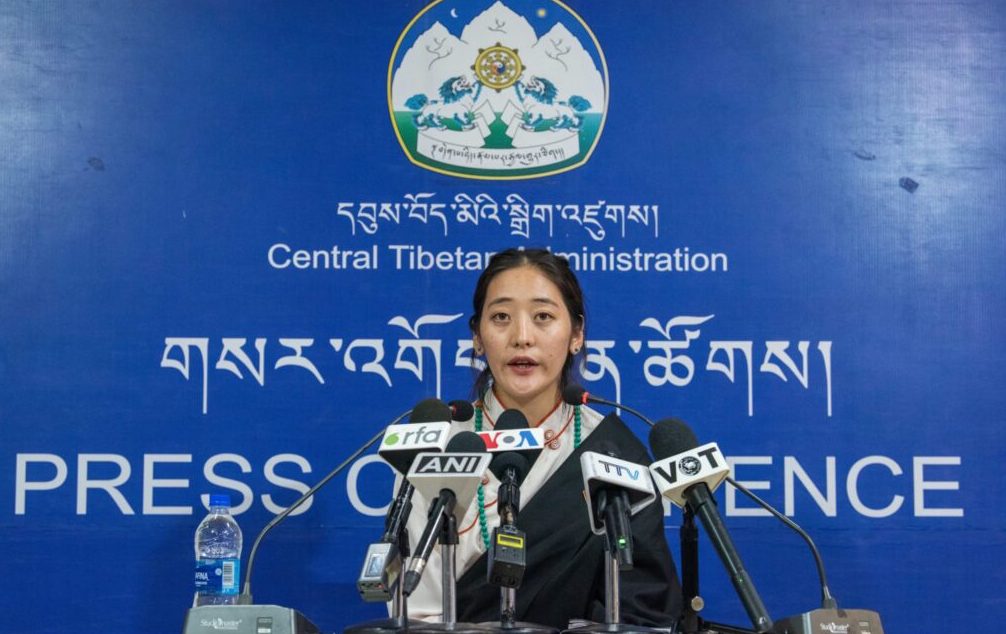By Matthew Burrows
 The schedule of a Lhasa-born UBC professor’s upcoming conference on Tibet runs an impressive 106 pages.
The schedule of a Lhasa-born UBC professor’s upcoming conference on Tibet runs an impressive 106 pages.
However, Tsering Shakya—a Canada Research Chair in Religion and Contemporary Society in Asia—has one major problem ahead of the weeklong 12th Seminar of the International Association for Tibetan Studies, running August 15 to 20 at UBC.
“We’re organizing a conference about Tibetan studies, and we’ll end up without Tibetans,” Shakya told the Straight by phone.
The event, held every three years in cities around the world, was delayed a year due to the 2008 unrest in Tibet, Shakya added. He said the upcoming seminar will attract 400 scholars from 21 countries. The problem, however, is that about 100 ethnic Tibetans from India, Nepal, and Bhutan have not been granted travel visas to Canada, Shakya said. This includes scholars from the Indian state of Sikkim as well as other Indian scholars scattered across that country, Shakya added.
“Canada is a fortress,” he said. “People don’t realize it’s so difficult travelling to Canada from developing countries.”
Shakya has raised $100,000 for the event costs, including paying for flights for 10 delegates from India and 30 from China, whose authorities have so far allowed 40 Tibetans to come here on Chinese passports. Shakya wrote a letter to Immigration Minister Jason Kenney on July 6 to request “assistance” and to ask that the minister contact the visa office in New Delhi requesting them to “reconsider their decision”.
In a June 30 letter to the Canadian high commission in the same city, Shakya wrote that participants have been told by visa officers to present income-tax statements and proof of employment as well as proof that the hosts have sufficient funds.
Kenney refused to grant the Straight an interview. The Straight contacted former Liberal MP Stephen Owen, now UBC’s vice president of external, legal, and community relations, but he did not respond by deadline.
“The majority are participants from North America and Europe, and that’s fine,” Shakya said of the delegates who will be able to come to the conference. “But the main thing is, it is supposed to be an international conference about Tibet, and there will hardly be any Tibetans.”
Shakya said representation of scholars from developing countries is important for the success of the event.









